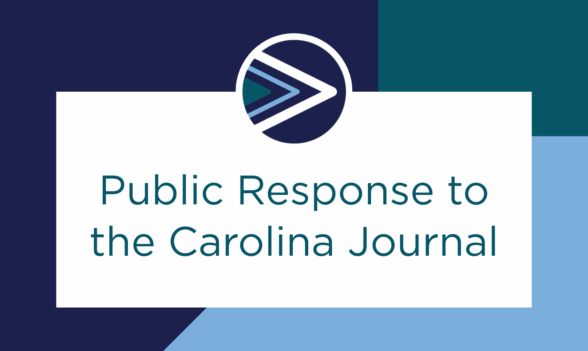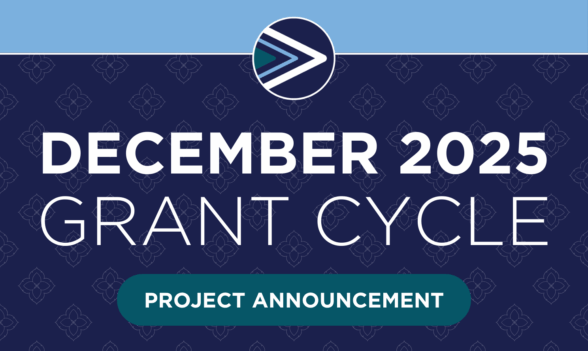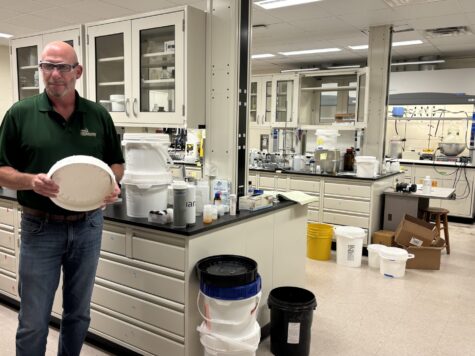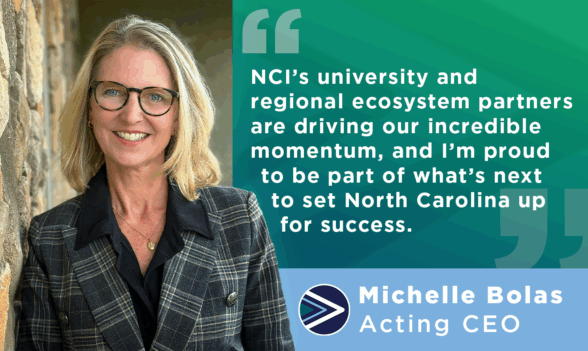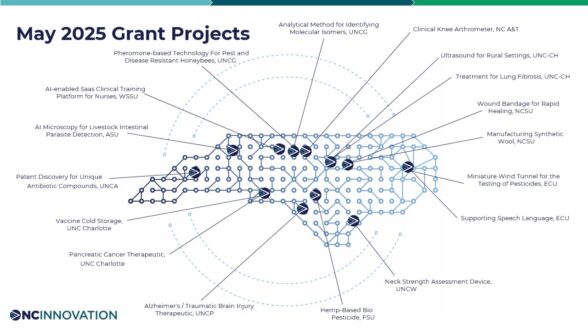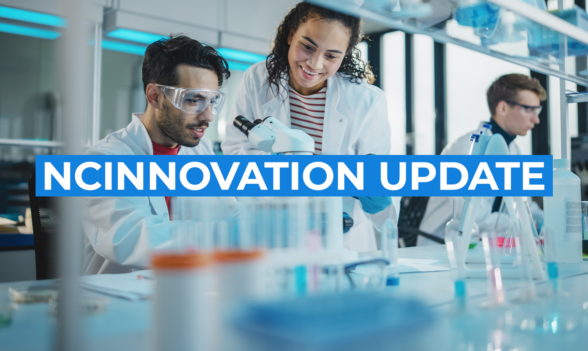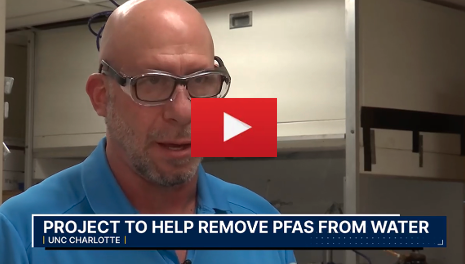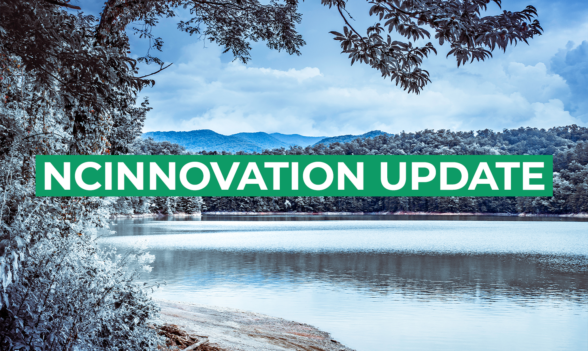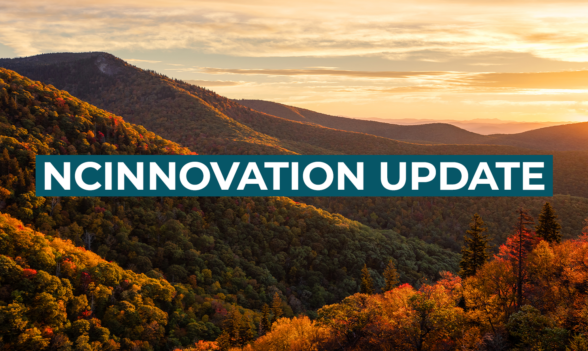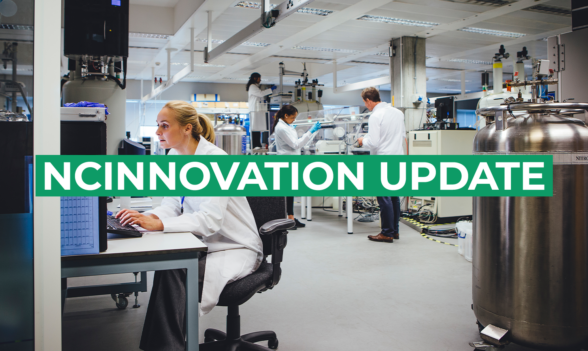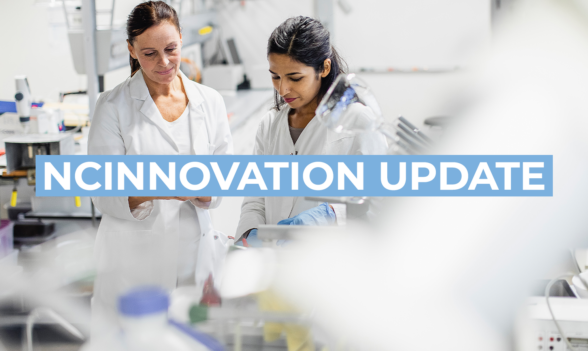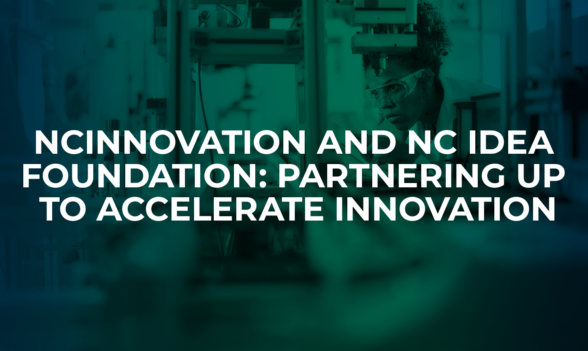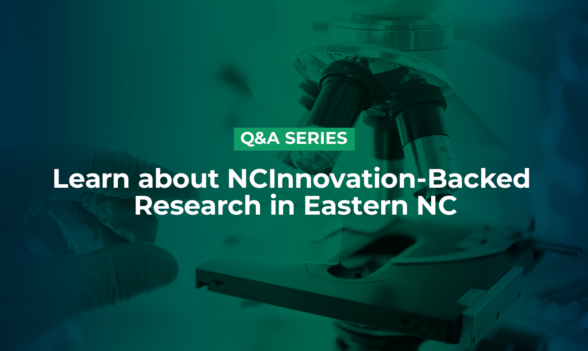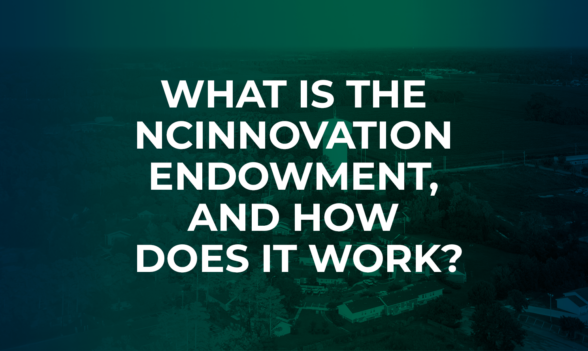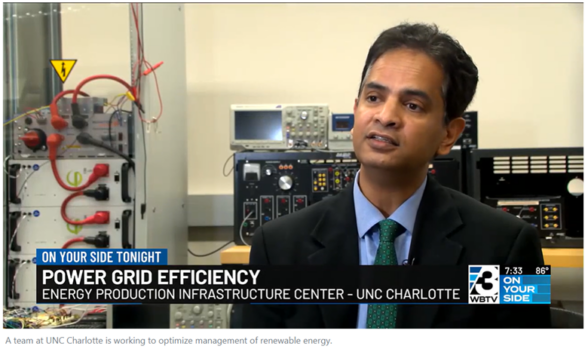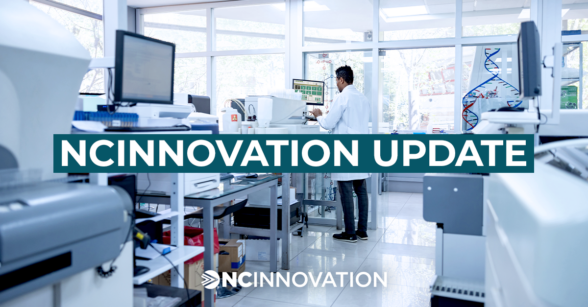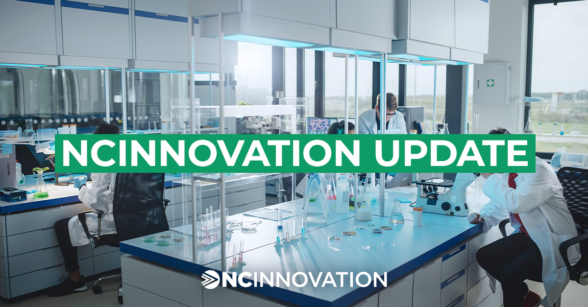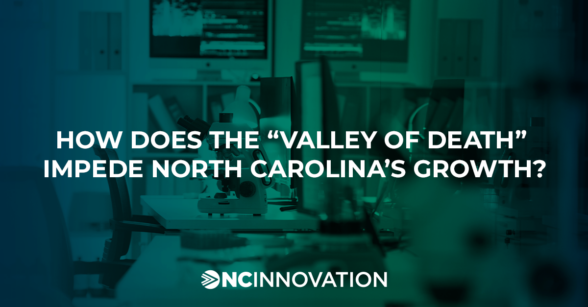Q&A Series: Learn about NCInnovation-Backed Research in the Charlotte Region
Trailblazing research is underway in Charlotte, North Carolina, backed by NCInnovation
NCInnovation (NCI) provides grant funding and support to university applied researchers working on projects that have commercial promise. Regional Director Mary Lou Bourne leads NCI’s work in the Charlotte area.
Dr. Sukumar Kamalasadan, Ph.D., Professor of Electrical and Computer Engineering at UNC Charlotte, received a one-year grant to advance his work in electric grid modernization. Dr. Jordan Poler, Ph.D., Professor of Chemistry at UNC Charlotte, received a one-year grant to further his work on a technology to remove PFAS, or “forever chemicals,” from drinking water.
By connecting Dr. Kamalasadan and Dr. Poler with funding and support, NCI helps accelerate their research toward commercialization. Keep reading to learn more about this world-class research and its potential to make an impact in North Carolina and globally.
***
Can you describe the goal and potential impact of your research?
Dr. Kamalasadan: My research focuses on electric grid modernization. One of the key parts of my research is the integration of sustainable and renewable energy resources to reduce carbon emissions and reach carbon neutrality. The second goal is to bring in sustainable electric generation not dependent upon fossil fuel-based generation.
Dr. Poler: We are focusing very strongly on trying to remove PFAS, or “forever chemicals,” from water because they are very hard to get rid of and build up in the human body, causing many problems. These materials are designed to be scalable for practical applications, transitioning from laboratory-scale production to manufacturing that can address real-world water quality issues.
How does NCI play a role in advancing your research?
Dr. Kamalasadan: I am grateful for the support from NCInnovation, which enables us to advance a prototype that enhances both the supply and demand sides of electrical power distribution. NCInnovation helps us fill the “valley of death” gap where we cannot create a product because of a lack of funding.
Dr. Poler: This grant is critical to us being able to translate our research from benchtop to manufacturing. There are a lot of great ideas, a lot of great patents on new materials. We have to scale that up, we have to optimize it, we have to minimize the costs while we’re also maintaining the high performance of the materials, and then translate that into a process that can be picked up by a manufacturer.
How can this research help drive economic growth within the region and across North Carolina?
Mary Lou Bourne: By connecting these talented researchers with industry needs and fostering workforce development, we not only enhance local economic vitality but also position North Carolina as a leader in sustainability and clean technologies. This collaboration elevates awareness of our region’s capabilities, driving investment and growth across the state. Additionally, the involvement of internships and students has significant potential across various disciplines and technology types.
Dr. Kamalasadan: By enhancing electric grid reliability and power quality, our work aims to attract new manufacturing industries while also improving electricity access for rural areas. This dual focus not only supports local economic development but also positions North Carolina as a leader in renewable energy technology. The potential for commercialization of the developed products can create new business opportunities, further boosting the state’s economy.
How do you anticipate this research will make an impact beyond North Carolina?
Mary Lou Bourne: Both projects are relevant to key economic and scientific issues in North Carolina, but they’re also applicable more broadly. Our state has some of the highest solar generation capacity in the country, for example, but Dr. Kamalasadan’s grid modernization research would likely be of interest to other states, too. And the focus on PFAS has expanded nationwide, but it largely got its start here in North Carolina.
Dr. Poler: This research is poised to make a significant impact beyond North Carolina by addressing pervasive water contamination issues, particularly from persistent pollutants like PFAS and pharmaceuticals. The initiative not only aims to provide effective solutions to water quality challenges but also fosters job creation and economic growth through collaboration with local manufacturers. This innovation-driven approach enhances environmental sustainability and positions the U.S. as a leader in global water purification technologies, benefiting communities worldwide.
Click here to learn more about NCInnovation’s grant program and fiscally responsible approach to research support.
NCInnovation, Inc. is a Research Triangle Park, NC-based 501(c)(3) public-private partnership designed to accelerate commercialized innovation from North Carolina’s research universities. Backed by more than $25 million in private philanthropic commitments, NCInnovation uses the interest and income from a $500 million State-funded endowment to provide non-dilutive grant funding, mentors, and support services so that North Carolina university proofs-of-concept return value to the regional communities that created them. Learn more at NCInnovation.org.
